This article was initially going to be an in-depth analysis of why Blizzard created a Real Money Auction House (RMAH), all the steps they took to protect and nurture it, and how those steps destroy Diablo 3, but it was turning into a dissertation about virtual economies and black markets, ignorant company executives, and what players really want in a video game. I scrapped that idea and decided to focus on a point I haven’t seen forum posters making or tearing to shreds. I have come to believe that rampant cheating, botting, duping, and the black market were the reasons Diablo 2 has flourished for so many years. Diablo 3 is failing because the execs at Blizzard have focused completely on preventing cheating, managing virtual supply, and crushing their RMAH’s prime competition–the black market.
This fact started dawning on me when I began to reflect on why I kept coming back to Diablo 2 even after all those years had passed. Why did I run multiple games and have dozens of pack-mule characters? Why did I trade for (and sometimes buy) what I knew had to have been duped items? Why did I use cheats to deck my single-player toons out in all the best gear the game had to offer?
The main reason, of course, is that Blizzard made a great game. The second reason shocked me a bit though–I realized I played Diablo 2 because I could cheat. Blizzard tried hard, or at least went through the motions, to prevent cheating, dupers, and bots in Diablo 2 on the grounds that it “wasn’t fair.” They had no financial interest in black market transactions and they had made all the money they were ever going to make on sales of their boxed product–Diablo 2 has no monthly fee. Blizzard maintained the Battlenet community for all those years but had no financial reason to do so besides keeping gamers happy enough to buy Blizzard’s next $60 release. Luckily, they completely failed to prevent cheating in Diablo 2. That failure is what actually kept people playing and caused unprecedented sales figures at Diablo 3′s release. And now Diablo 3 fails because Blizzard is doing a much better job at preventing cheaters from “ruining” the game.
It all comes down to the ZOD rune in Diablo 2. It was the rarest, most insanely improbable item to get. It was impossible to farm for. The drop rate was originally one in forty-million (much improved today of course) and rune drops of any kind were uncommon to begin with. Players had a better chance of winning the lottery–the odds of winning $100,000 or $200,000 in the Illinois Little Lotto are 1 in 575,000. I could win the Little Lotto about seventy times before I would see a ZOD rune drop in my $60 video game. The ZOD–and VEX not far behind–runes were but a fool’s dream and yet they were required to craft the best items in Diablo 2. Blizzard actually created items that, without the benefits of cheating, nobody in the world would have ever been able to see–ever. So the ZOD rune was rare and yet here I was logging into a public game to pick up the ZOD rune I had just bought for a quarter–could have gotten ten of them for $2. I was only able to play with a Breath of the Dying weapon because I had knowingly just cheated. I purchased an item that I knew had been illegally duplicated. I traded for them too. Granted, I didn’t have to. I could have just loaded up the single player cheat trainer and given myself one. There is one thing I know I never could have done though. I never could have legitimately found one and played with a legitimate BoTD. And the reason I still played Diablo 2 after all those years? To swing around the best weapon in the game, of course.
Fast forward to today. Blizzard releases Diablo 3 to much fanfare, then roars of anger, then silence. With an always-online requirement, authenticators, transaction waiting periods on impulse buys, anti-cheating measures, and patched responses to features gold farmers were “taking advantage of” (like killing purple monsters and opening chests), Blizzard was able to take great strides toward a “legitimate” gaming experience. However, the best items in Diablo 3 are now all like the ZOD rune. It’s true that somewhere in the world a few of the 6million players are finding uber items–heck, a handful of uber items are probably found every day. And Blizzard created their own Real Money Auction House so the unlucky folks could legitimately purchase one of those legitimate uber items. Everyone’s happy, right?
Blizzard’s critical error in design–or one of them–was that they were thinking of the entire player-base–6million strong–as a single player. The entire player-base could find a bunch of legendary items and a few truly uber items every day. Blizzard figured those items would go up at auction and sell for a fortune at first but as that “1hour=6million hours” megaplayer brought in more great items the prices would eventually go down to the point where even the poorest sap could afford a decent item. Right? Here’s a tip for Blizzard: Your player-base is made of individual players–and individual players want to have fun. Being a tiny cog in a monstrous, crowd-sourced, item hunt is NOT FUN. I don’t give a rat’s ass if five great–legitimately great–items go up for auction every day. I don’t care about the “true” achievements of the Diablo elite–or even care to be one of those elite. I just want to have fun finding items in a game where all you can do is find items. And I want to cheat.
The funny thing is that the RMAH is actually fully sanctioned cheating, and when duping is thwarted one entity completely controls the supply. From my perspective–the individual player–the only difference between me giving some guy a quarter for a duped ZOD rune and me winning a RMAH auction for a $25 bow is that I’m handing my money to a different person–and my $25 bow is going to be slightly above average–and I’m spending $24.75 more on it. In the illegitimate game I am paying $0.25 to become uber, obliterate those pesky denizens of hell, and find other legitimate uber items that I can use to create experimental specs on different characters. In the legitimate game I’m paying $25 to become nominally better than I was, die a little slower than I died before, and not find anything at all for characters I don’t care to level up to their destiny of being mildly troublesome fodder for whatever goblin decides to take a swing at me as I’m sprinting my ass away.
Let us cheat Blizzard, let us cheat. Wearing honorably crappy gear and getting slaughtered by monsters (that frequently cheat as well) is NOT FUN. My pockets aren’t deep enough to have fun in your game today. I play games to escape Real Life, and Real Money, and I don’t care to have my video games remind me that Real Life winners have lots of money and hard work often amounts to nothing.

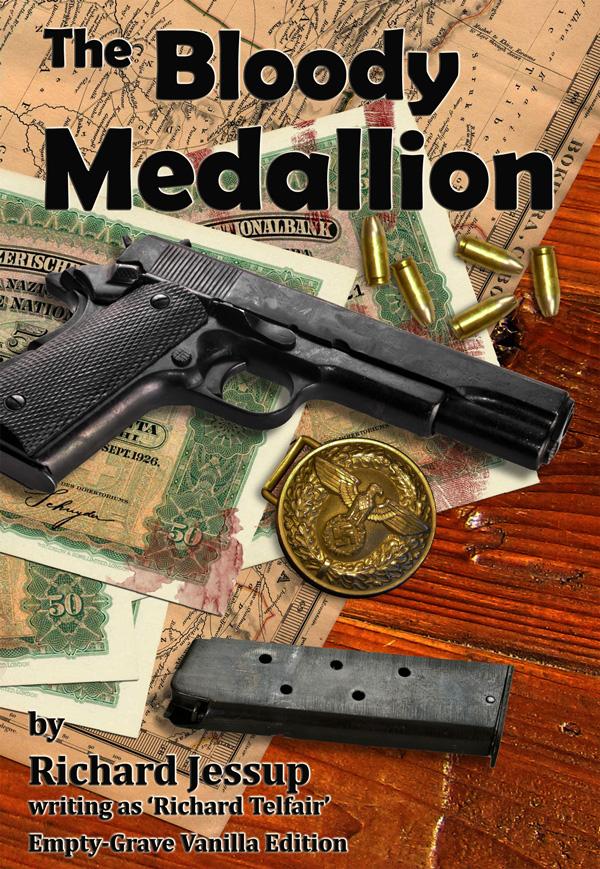

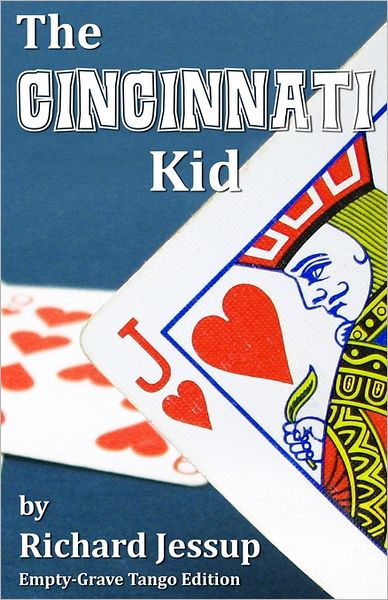


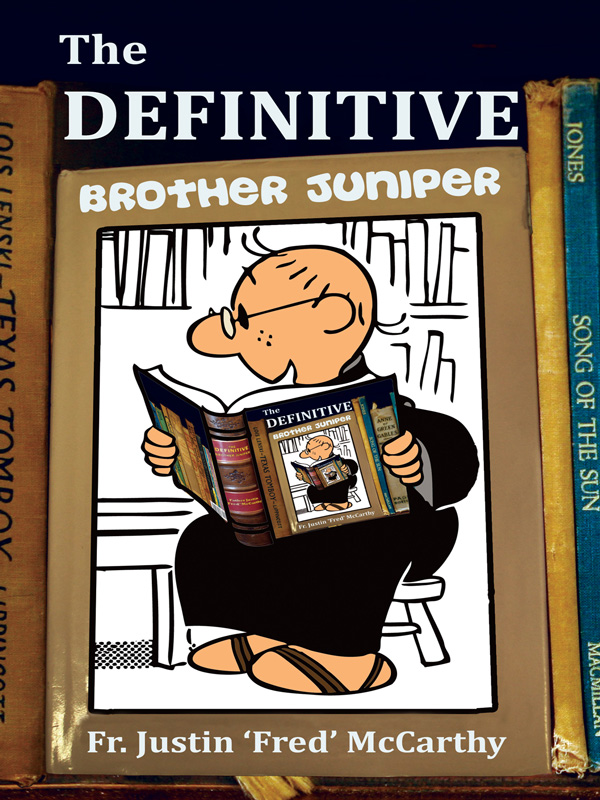
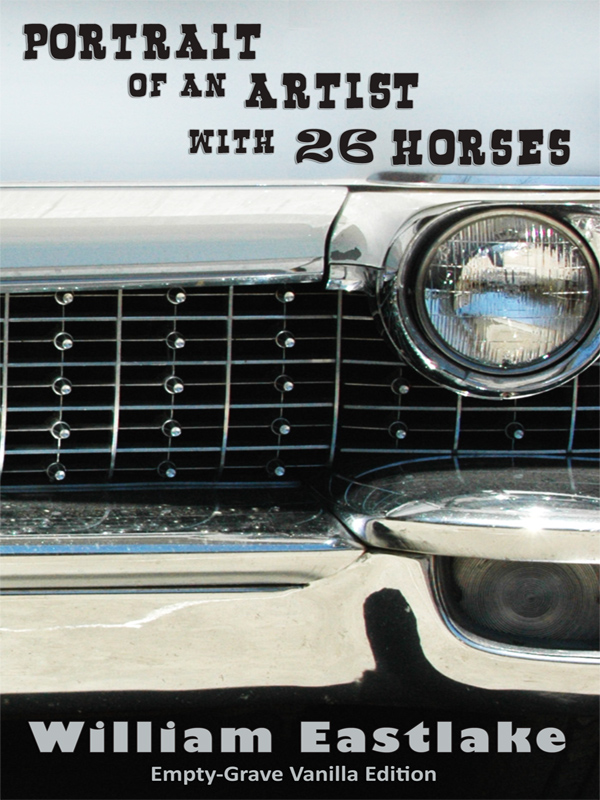
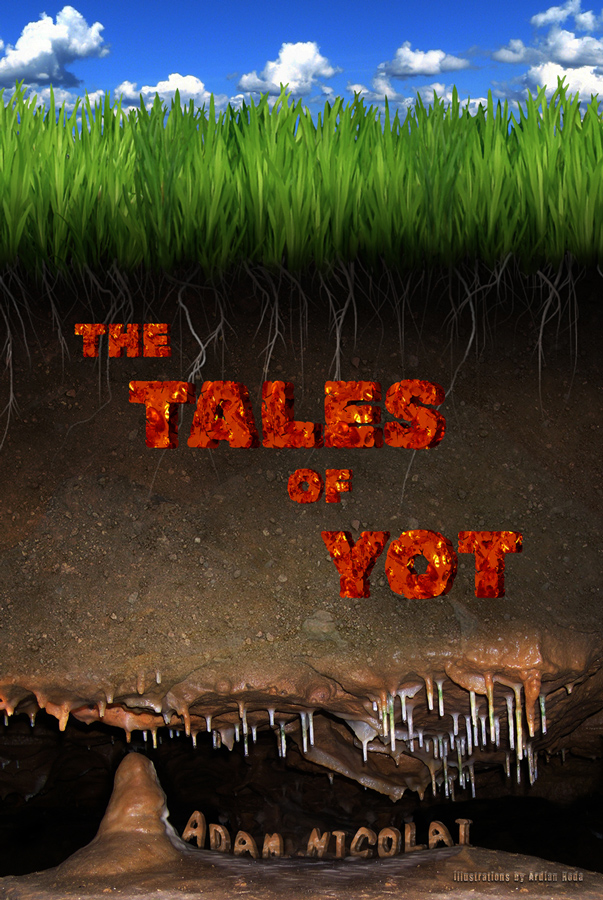

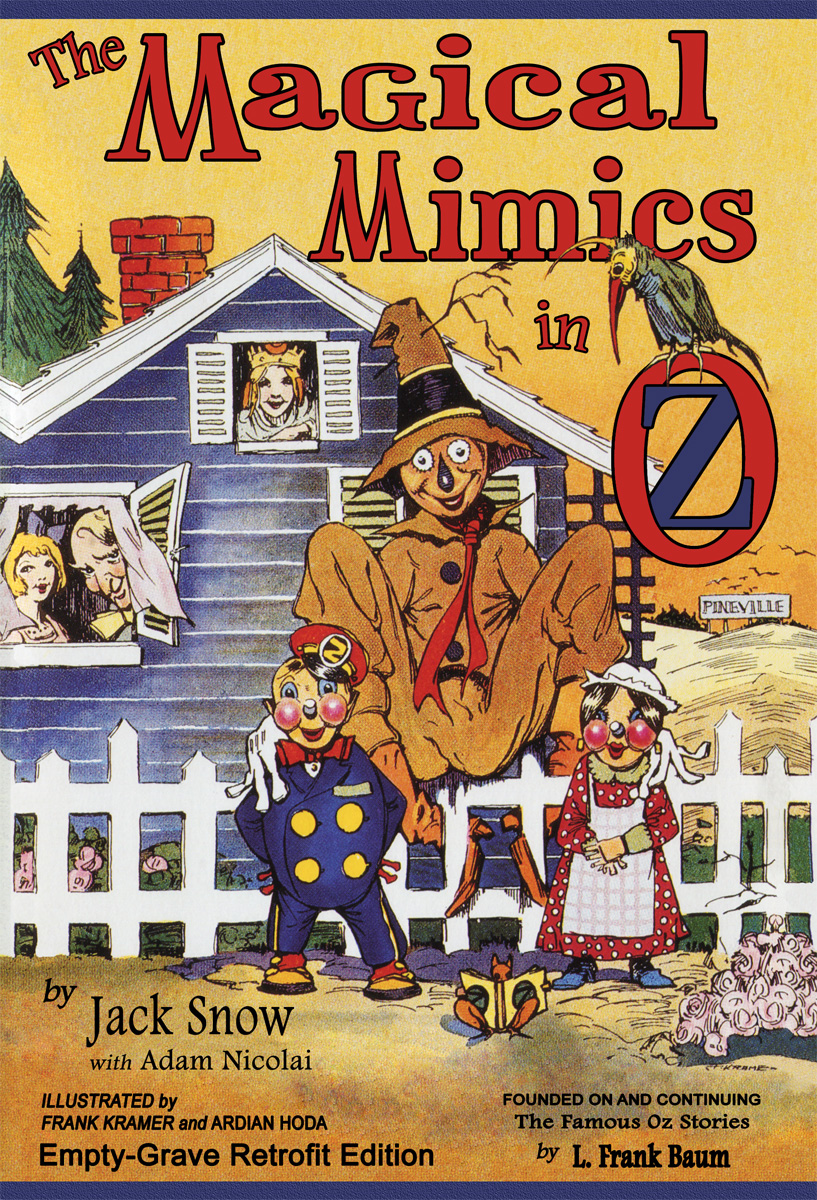


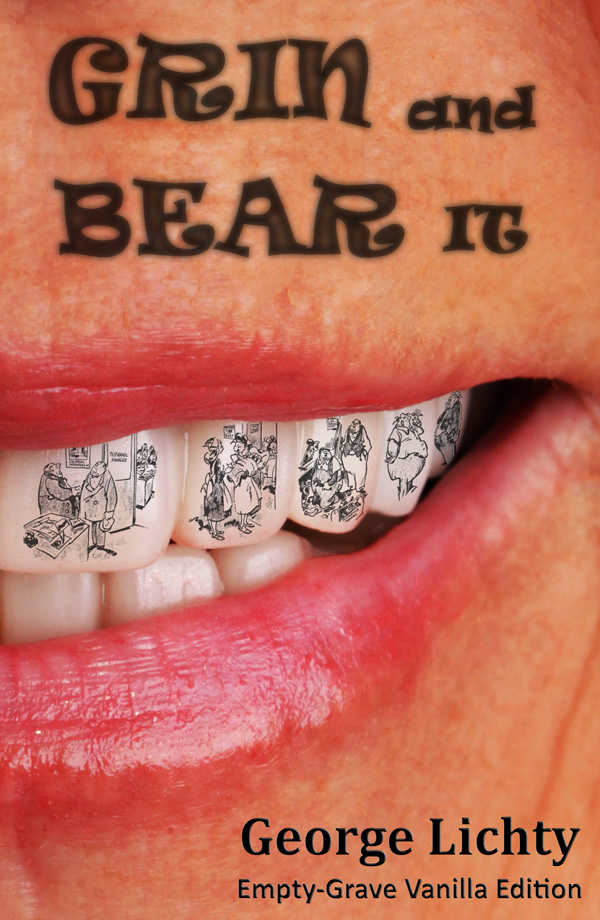

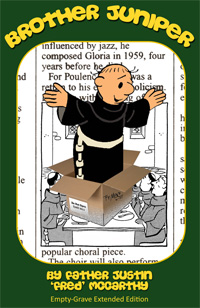
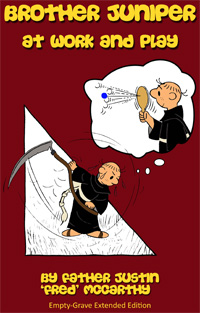
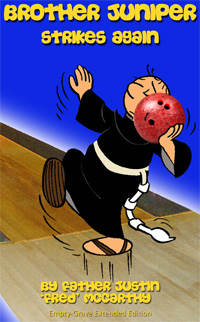

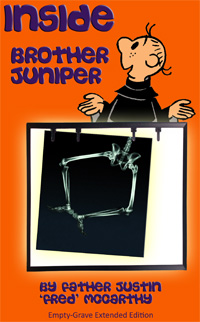
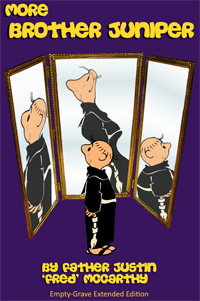
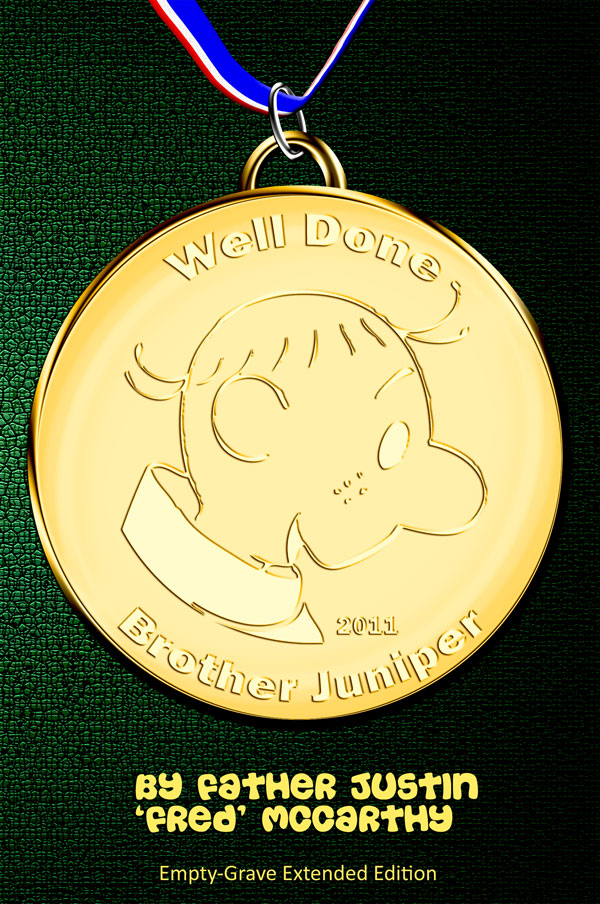
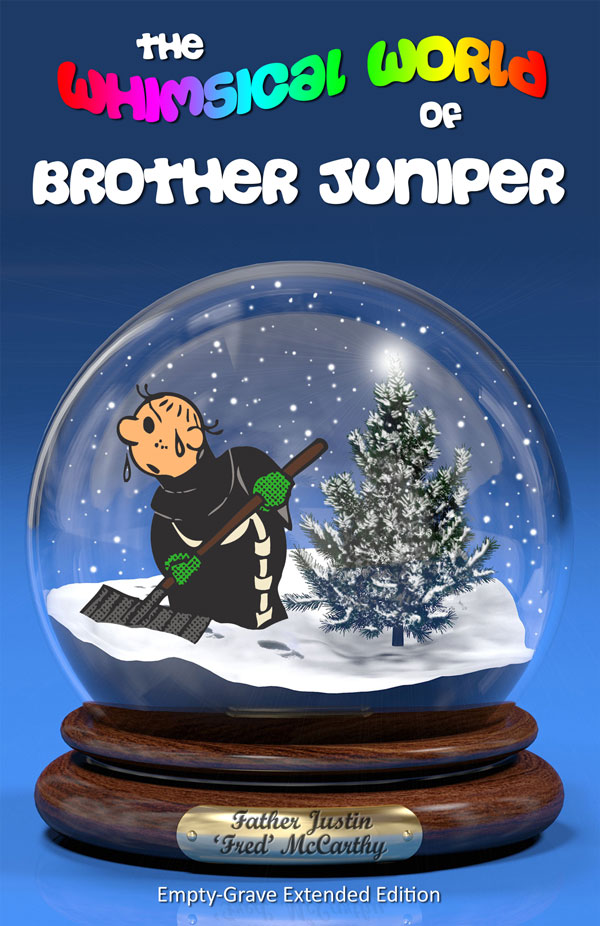


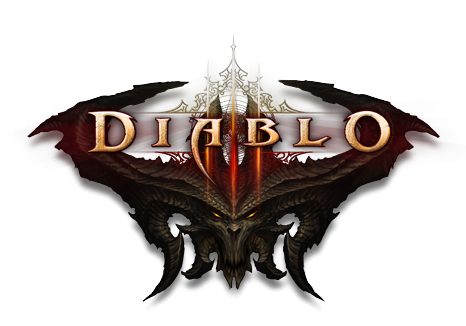

{ 2 comments… read them below or add one }
I ber to differ. It’s because of people like you diablo 2 is completely “un-fun”. The economy is ruined, and you don’t think/care about all those legit players.
“I don’t care to have my video games remind me that Real Life winners have lots of money and hard work often amounts to nothing.”
Are you kidding me? This is exactly what people like you make the game to be. A friend told me he had legitimately found a Vex or some other High rune, and he wanted to trade it, but he found out it was almost worth nothing, so he didn’t get what he deserved. So this is EXACTLY what diablo 2 nowadays reminds us legit players of…
Hey Christelle,
Thanks for the reply! I haven’t played D3 since September ’12 and haven’t read patch notes in a couple months so I’m not up-to-date on what’s going on in the game today. I’ve been playing Borderlands 2–a more productive loot-fest–and wringing my hands over the upcoming Starbound, which I plan to dedicate the rest of my natural life to.
The economy in D3 ultimately tanked because individual players were not able to find anything awesome, partly because drop rates were too low, randomness was too random, and the auction-house was an instant feedback tool that helped you figure out the item you just found–one that you thought was pretty damn good–is unsalable garbage and a better item could be purchased for a handful of gold.
Finding a Vex rune in D2, at least prior to Blizzard drastically increasing drop rates, had nothing to do with hard work. It was either pure legit RNG–akin to winning the Little Lotto–or “trading” for something you knew had a questionable past. Did your friend trade his legit Vex rune at its horribly devalued rate? I highly doubt it. A completely legit player would encase it in glass and put it on a shelf as a reminder that anything is possible. Either that or he could “trade” something else for a ZOD and make a BOTD.
What D3 has shown us is that when cheating is more difficult, or impossible, we begin to see the truer value of rare items. How many thousands of dollars do you think a D2 ZOD rune would have sold for at its original drop-rate if it was impossible to cheat? The ZOD rune was like getting a nearly perfect roll on a bow in D3. Near-perfect-rolled bows in D3 sold for thousands of real dollars back in August. They sold for thousands because Blizzard made them obscenely rare, assigned a real-world dollar value to rarity, neglected to design any sort of item or gold-sink, and then proceeded to monetize billions of “virtual” micro-transactions. Why bind a $2000 bow to an account when it can trade hands–and Blizzard can take their 10% cut–ten times over?
D2 is a video-game. I play video-games because I love them, I have an escapist personality, and I don’t have a yacht with a deck made of pure cocaine and a hold full of ponies, Porsches, and prostitutes in real-life. The players in D2 that had BOTD weapons were either purely legit and lucky enough to win the Power-Ball at the exact moment they are being struck by lightning and attacked by a shark (and wouldn’t sell or trade a ZOD rune in a million years), pure cheaters who knew how to dupe and hack and all that stuff (and who would give away a handful of ZOD runes for an Enchanted Castle skee-ball token), or were hybrids like me–people that didn’t know how to cheat but would gladly pay a couple bucks for the privilege of playing with the same kick-ass item that everyone and their dog was already swinging around.
I used to play Ultima Online. In UO there was land and housing. I wanted a small cabin so I worked my tail off day and night until I had saved enough money to buy a house deed. I took my survey tool and trotted off through the countryside looking for a nice scenic spot to call my own. What I found was that every single speck of land capable of supporting a house already had a house (or mansion, or castle) on it and if I wanted to “work” for an existing house at their current values I would be playing twelve hours a day for months. So I cheated. I went to Ebay and spent $70 on a crappy little shack in the middle of nowhere.
It’s not surprising to me that when game developers mirror real life we find people cheating, abusing the systems, knowingly trading with people who do so, or purchasing items for real-life cash. It’s how the games are designed. D2 needed people duping ZOD runes because there are only so many runs a truly legit player in search of the best items in the game will do before realizing it’s never going to happen. It’s great that your friend found a real VEX rune. Now he just needs to find 127 more–not including gems–if he wants to craft his own ZOD.
It’s the developers that make or break their games, not the players. I knew D3 was broken when I had played 400+ hours, was not wearing a single piece of gear I had looted myself, and found myself loading my legit Blizz-Bucks account with $40 of my legit real-world booty so I could buy a legitimately above-average bow in the hopes it would be just enough for me to break through the developer-created impassable barrier of A2 Inferno so I could traipse about the loot-filled paradise of A3 Inferno, making millions–er…billions–of legit gold, and then cash out my legit $40 in no time. That was the plan at least…